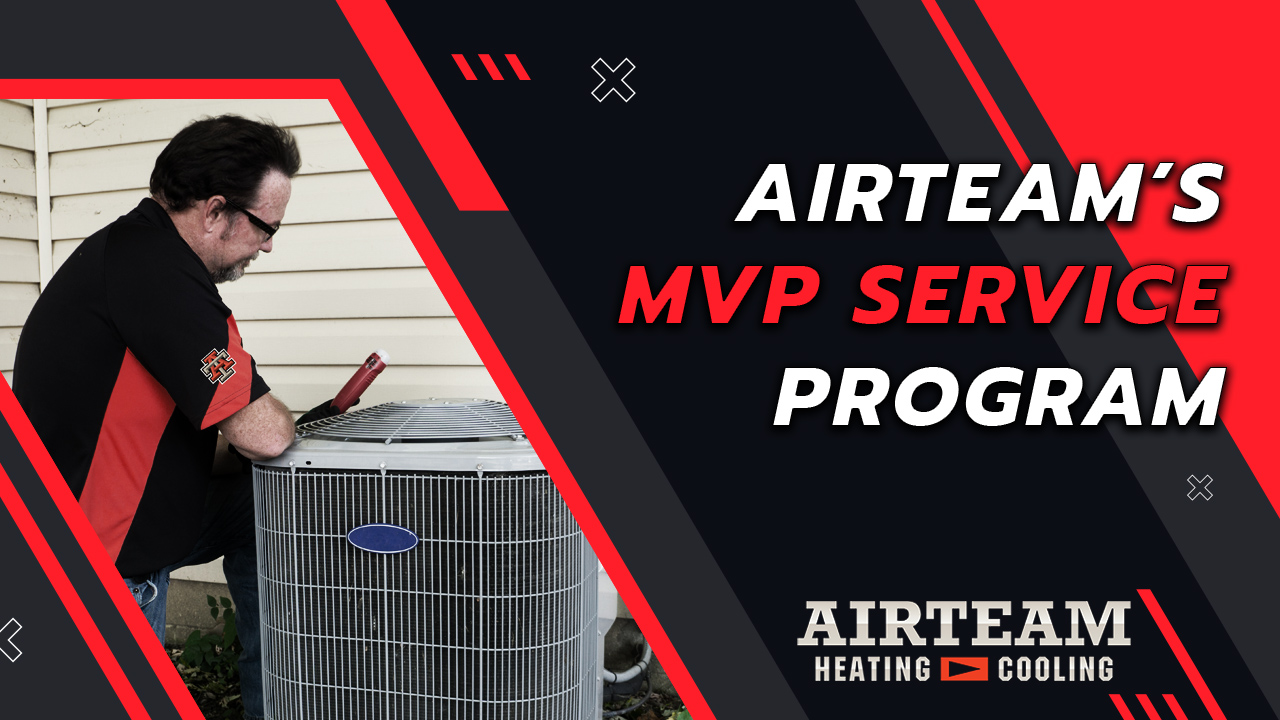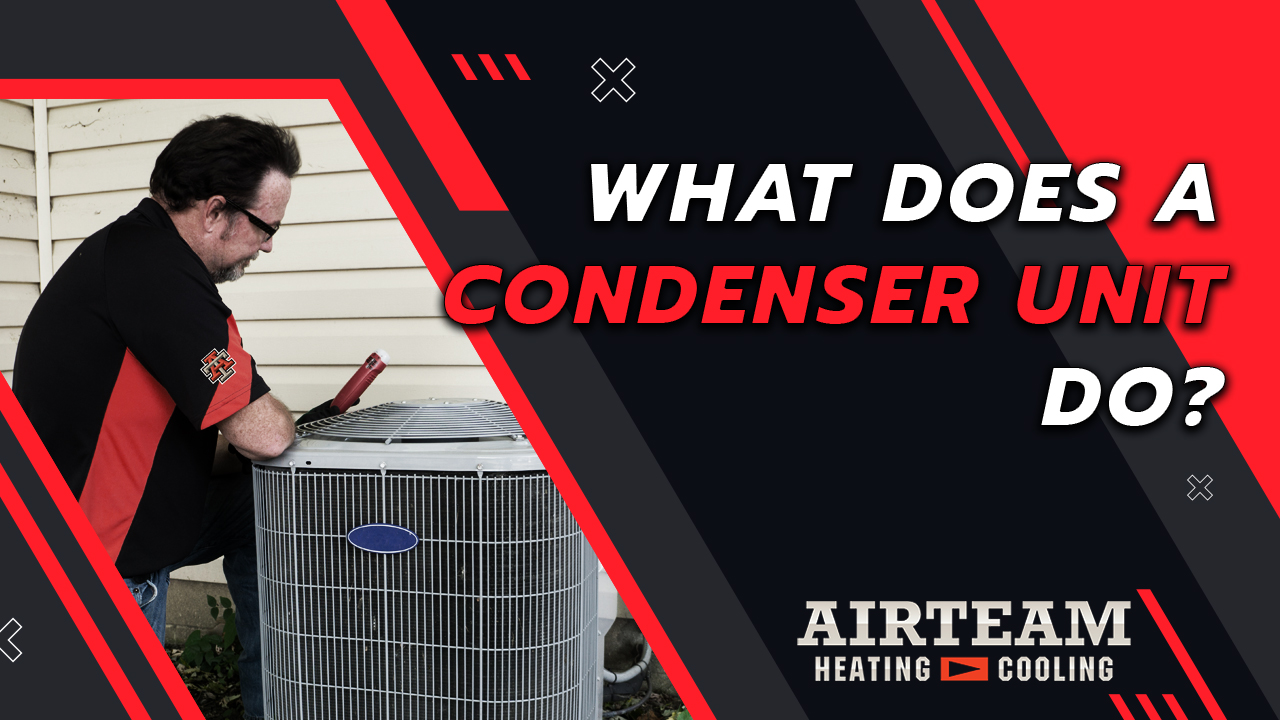A: I can tell you that currently, what we’re using industry-wide for residential Houston air conditioning at least, is R410a Puron. It is a refrigerant that was developed when the EPA regulated that R-22 Freon was not environmentally friendly.
As you know, sometimes systems will spring a leak and that gas gets released into the atmosphere. R-22 was found to be damaging to the ozone in the atmosphere and was phased out. Before R-22 there was a revision called R-12 that was even more damaging to the environment. So, as the years go by they find different solutions to achieve the same result and leave less of a footprint on nature. Also, R-410a Puron is more efficient for the removal of heat than R-22. So, it helps the equipment operate more efficiently as well giving a double benefit for using it.
So, the bottom line is, R-410a is more environmentally friendly and does a better job at cooling than the phased-out R-22.
What are Freon And R-22?
The quick answer is: Freon is the brand name of refrigerant created by DuPont that is commonly found in Houston air conditioning systems.
Ok, so that doesn’t quite fully explain it though does it? To understand what Freon is you need the long answer:
Freon, as mentioned prior, is the brand name for the refrigerant that is made by DuPont. Similar to how Coke in Texas is a synonym for soda, Freon is a synonym for refrigerant in the HVAC industry. Now, getting into the chemistry of things, Freon is a slightly toxic, but stable halocarbon.
That’s H-A-L-O-C-A-R-B-O-N. Are you getting all of this? No?
Ok, look—you don’t need a chemistry lesson to know what you need to know about Freon. Let’s just stick with the fact that it’s slightly toxic but won’t cause a chemical reaction if it mixes with other substances. Why would we use something that is considered “toxic?” Well, because it is also especially useful as a coolant when it evaporates. Also, when used in the confines of an HVAC unit—it’s completely harmless and makes your Houston air conditioning icy cold.
So, we went the long route to get to our point that when you ask “what is Freon,” you should really be asking what is refrigerant and what is it comprised of.
Refrigerant And It’s Importance In Houston Air Conditioning
So, when it comes to keeping your home cold, your HVAC system is nothing but hot air if not for the refrigerant it uses. The refrigerants used in Houston air conditioning systems are chlorofluorocarbons, or— CFCs. Yeah, try saying that three times quickly.
The most common forms of refrigerant these days are R-22 (Freon), and R-410a, whose brand name is Puron. However, as mentioned in the video, R-22 has been discontinued and banned since January 1, 2020. This doesn’t mean that there aren’t older units still using R-22, but it does mean you won’t be able to buy R-22 anymore. R-410a has replaced Freon as it does not deplete the ozone layer when it escapes into the atmosphere.
For those of our customers that follow conservation and environmental efforts, you recognize the term CFC’s due to their contribution to ozone loss. Due to its ozone-depleting nature, our HVAC techs are required to capture R-22 when repairing a unit. We cannot let it escape into the atmosphere as we can with R-410a, which has no such hazard. Now, capturing Freon is not hard to do and our technicians are strictly monitored when working with older R-22 units. One, because we are conscious of our environment, and two, it’s federal law.
All the units we install use Puron and run more efficiently than older R-22 based systems. Without this refrigerant, the air cannot be cooled. And as anyone with a broken AC during a Houston summer can tell you—that is torture.
But refrigerants come and go as new cooling technologies develop and advance the Houston air conditioning industry forward into the future. Ten years from now there could be an emerging technology that will make R410a obsolete. We could have new cooling methods that are even more environmentally friendly.
How Houston Air Conditioning Systems Use Refrigerant
In the end, refrigerant, whether R-22 or R410a, is at the core of the cooling process for your HVAC system. Aside from the commonly asked question, “What is freon,” customers also ask us how it works to cool their home. Unfortunately, HVAC is kind of like our modern smartphones—often we take these amazing handheld computers for granted. We use them daily and yet, when there’s a problem, we have no idea how to fix them. We don’t even know most of the things they can do or how they work.
At Airteam, we believe in having well-informed customers. We don’t expect to make you HVAC technicians, but we do want you to understand the basic mechanics.
How Air Conditioning Works
Many of our customers are under the false impression that refrigerant is used to cool the air inside the home. That is sort of correct, but it doesn’t really tell the whole story. Actually, your HVAC unit cools your home in very much the way your refrigerator cools your food. You might be surprised to know that it has nothing to do with cooling the existing air inside.
You see, refrigerators use energy to transfer the warm air from the interior and exhaust it into your home. Sure, that’s a very stripped-down answer, but you get the idea. The refrigerant isn’t blown into the refrigerator to cool the food—it cools the air. But, let’s come back to that.
Likewise, the air conditioner in your home removes hot air from your home and exhausts it outside. How does that cool your home though? Good question, with an equally good and probably long answer, so grab a snack—we’ll wait.
Your HVAC system is designed in loop fashion—it absorbs heat from interior air, expels it, and returns cold air back into the home. But what happens before it’s reintroduced back into your home? This is where the refrigerant plays its part.
Houston air conditioning systems use a system of coils, two to be exact—an evaporator coil and a condenser coil. The evaporator coil is inside your home and uses a refrigerant that absorbs all the heat from the air. The refrigerant is now hot and travels outside to the condenser coil and compresses the gas forcing all the heat out of it. Now that air is chilled and is pumped back into your home to restart the cycle all over. It is this unique characteristic of refrigerants that even make modern air conditioning a possibility.
Problems That Can Arise With Refrigerant
As you can see, a refrigerant such as R-410a is at the core of what makes air conditioning work and it lasts an exceptionally long time. However, HVAC units are mechanical, and they can break down or corrode and develop issues that would make the refrigerant less effective. Problems such as dirty or clogged coils, corroded condensers, or other issues can render your system useless.
Therefore, it’s important to have routine maintenance performed on your Houston air conditioning system to avoid these failures. Properly maintaining your system can catch small problems before they turn into much larger issues. Keep in mind that you should always hire licensed HVAC technicians who are insured properly.
Trust The Pros With Your Houston Air Conditioning Needs
If you haven’t had your HVAC system serviced for some time, don’t hesitate to contact us for a routine tune-up. We also have specials available for most budgets if it’s time to upgrade your system to a more efficient unit. Simply contact us and schedule a free consultation and see what Airteam can do for your family’s comfort.




